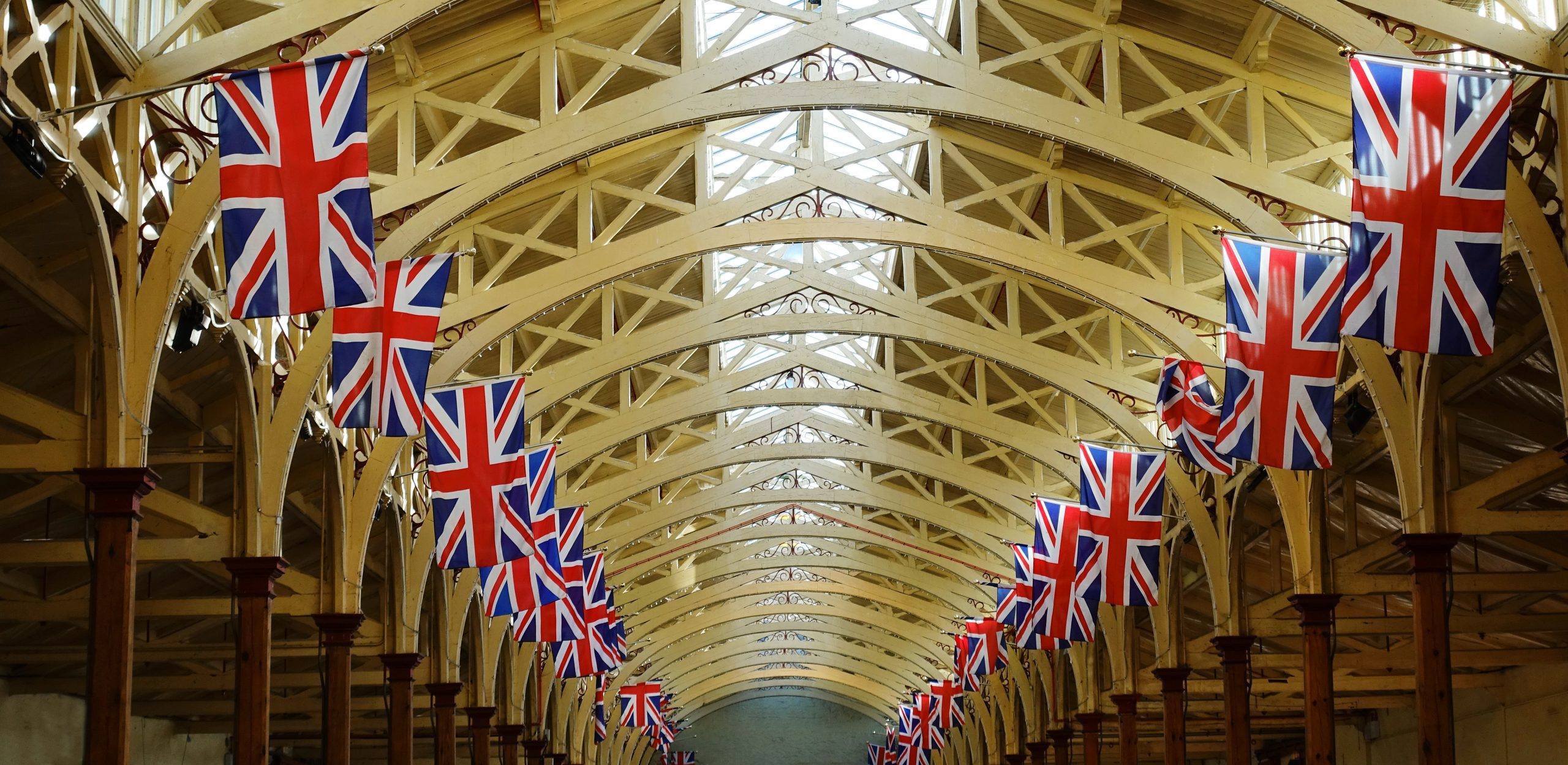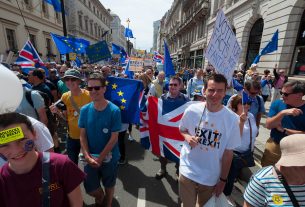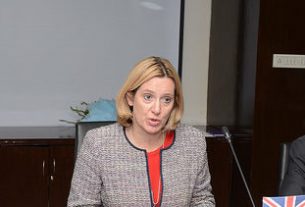Families will be able to reunite at Christmas across the UK after the leaders of the four nations reach agreement about “bubbling” over the festivities.
The rules will allow up to three households to meet-up and mix over five days between December 23-27, with travel restrictions around the whole of the UK relaxed for the same period. Travel to and from Northern Ireland will be permitted from December 22 until the 28th.
It means people will return to their tiers and levels just in time for the end of the UK’s transition period from the EU on December 31.
French checks lead to 5 mile lorry queue in Kent
Covid secure celebrations for the New Year may be further muted by the reality of Brexit and the impact its changes will have across many areas of life – even if EU and UK negotiators can reach agreement.
Today, France began a trial of post-Brexit checks on trade between Britain and the EU that led to five-miles long queues of lorries unexpectedly building up in Kent which. The Guardian reports the “queues give a glimpse of things to come in January whether a deal is reached or not”.
However, just last month the government’s own Border and Protocol Delivery Group warned Kent could be turned into a “lorry-park” with predictions of queues of 7,000 lorries trying to access Dover port. That came on top of previous warnings about predicted truck-chaos in Dover.
Bank of England governor – ‘no-deal will be worse’
The economic impact of a no-deal Brexit will be worse than the coronavirus, according to the governor of the Bank of England, Andrew Bailey.
Bailey told the Commons treasury select committee yesterday (Monday): “The long-term effects, I think, would be larger than the long-term effects of Covid.”
He added: “It would be better to have a trade deal, yes, no question about it.”
Bailey’s belief differs greatly from the prime minister’s claim that Britain would “prosper mightily” should no-deal be the outcome of ongoing discussions with the EU. Chancellor Rishi Sunak shares Boris Johnson’s zeal for a no-deal claiming the UK would “prosper in any eventuality”, at the weekend.
Sausages and burgers – the signs of a deal?
The Telegraph reports that “British and EU officials are locked in last minute talks” about British sausages and other meat products being banned from Northern Ireland from January 1 under the current terms of the Withdrawal Agreement.
Under the agreement negotiated and signed-off by Johnson, Northern Ireland will continue to function as an EU country at the end of the transition, thereby avoiding a hard border on Ireland.
EU rules state that animal based products imported into the trade-zone have to be frozen, meaning British fresh and chilled meat products will be prohibited.
The news is interpreted as “the latest sign a Brexit trade deal is edging closer” as Britain says it will retaliate and ban Irish burgers, mince and sundry products “if a solution cannot be found.”
Too late for Lange
The Independent confirms the Telegraph’s optimism for a deal by quoting Ireland’s taoiseach Micheál Martins, who said the legal texts were now part of the discussions to find a deal, adding: “I would be hopeful that by the end of this week we could see the outline of a deal,” said Mr Martin.
That is already too late for Bern Lange, the European parliament’s trade chief who said: “It’s already five past midnight. We need a text, otherwise ratification and democratic scrutiny by the European Parliament will be a farce.”
The latest talks have been conducted online after a member of Michel Barnier’s EU negotiating team tested positive last week for coronavirus. Barnier is expected in London on Friday – subject to a negative test for Covid – for face-to-face talks on the unresolved issues: fishing and the level playing field.




